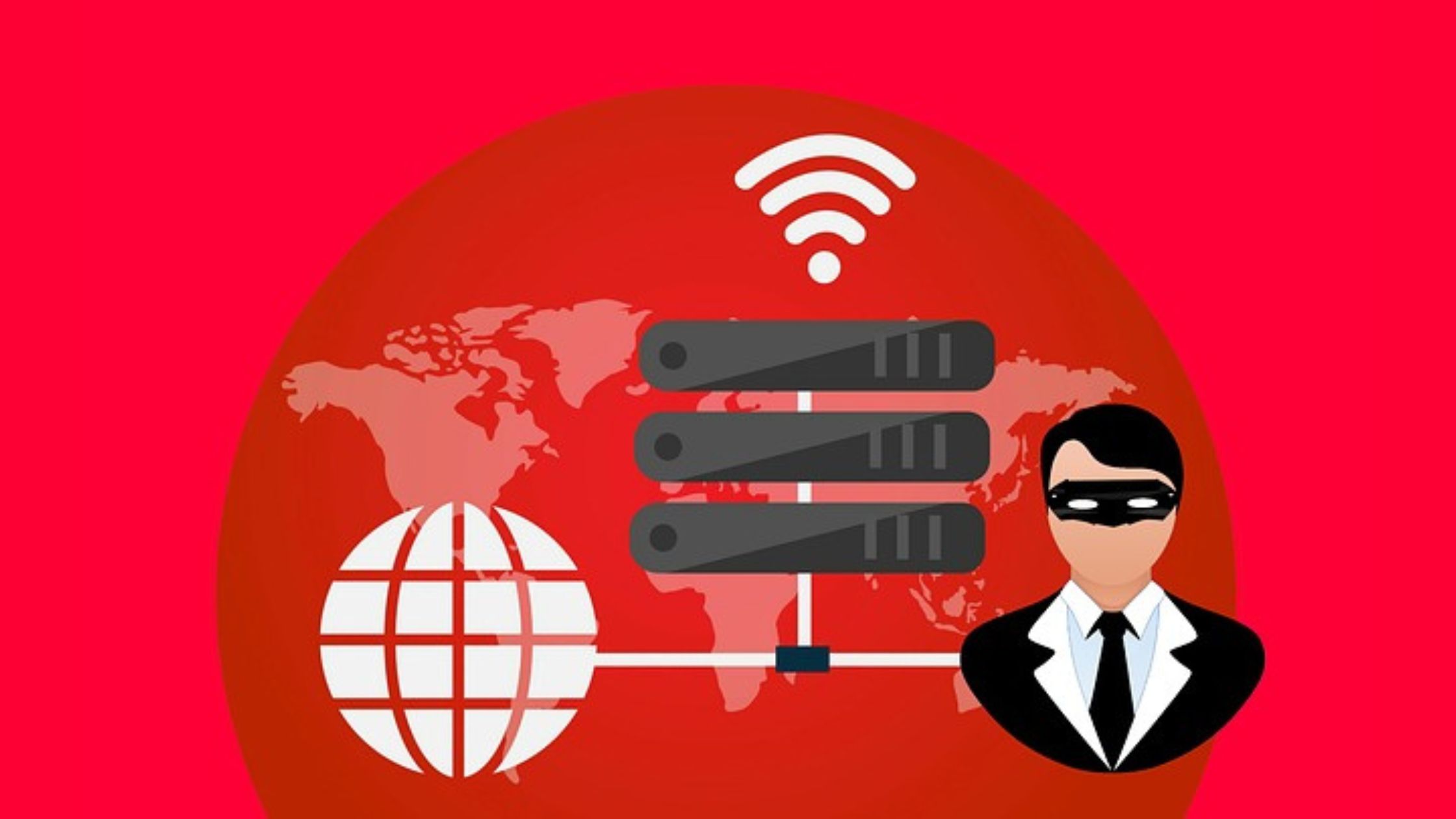With employees continuing to work remotely and most organisations still operating in remote or hybrid working models, the need for secure remote access and network communication has increased tremendously.
While organisations have been using Virtual Private Networks (VPNs) that enable remote client communication and accessing network applications, they pose greater challenges and security threats to the company’s network and sensitive data.
In this article, we’ll dive into these VPN security risks you should know for your organisation and the best alternative to VPN to ensure network security.

Cyber Security Concerns In VPNs For Your Organisation
VPNs aren’t designed or optimised for modern workforce needs and large-scale remote working environments.
Here are the major VPN security risks you must be aware of when choosing a security solution for your organisation.
- Excessive trust
The traditional VPN security solution assumes excessive implicit trust, assuming every user attempting to access the network to be trustworthy.
This excessive trust allows every user to get into the network and makes it easier for malicious actors to easily access and exploit your network data.
- Increased attack surface
Another major risk of using VPNs is that since it allows every user access to the network and all its resources and applications, it significantly increases the network’s attack surface.
Malicious users can access any application and exploit its data with ease. Besides, it also exposes the IP addresses of your employees to the external network and internet, which can be easily accessed by malicious means.
- Scalability and management complexity
VPN’s security stacks make them very difficult to scale, especially regarding a large-scale demand for remote working environments.
They require high operational costs for maintenance, increasing the budget and complexity at the same time.
- Performance lags and degradation
The risks of backhauling traffic through remote computers are high without efficient alternatives to VPNs for secure remote access.
This backhauling significantly impedes the network, increases latency issues, and degrades the network performance.
- Hampers workforce productivity
Because of the slower speeds and performance lags, VPNs hamper employee and workforce productivity levels.
As a result, it hampers operational performance and business efficiency negatively.
Considering these risks, choosing a suitable VPN alternative is crucial to ensure peak security and performance.
Zero Trust Security: The Best VPN Alternative
Zero Trust Security is of the best and most secure VPN alternatives that remove excessive trust and only allow authenticated, verified and authorised users and devices to access the network and its resources.
Unlike VPNs, Zero Trust VPN reduces the attack surface, prevents lateral movement, provides a single unified one-click access solution, delivers high performance, and ensures quality user experience and network security.
In addition, it also lets you set access policies, monitor the network, and use granular control over application access based on need-to-know user privileges.
Conclusion
VPNs risk your network and sensitive data while hampering user performance and productivity.
On the other hand, VPN alternatives, like Zero Trust Security, help prevent unauthorised access and malicious entry to the network, reduce the attack surface, and strengthen the overall network security posture and performance.
So, if you wish to leverage Zero Trust Security benefits, check out InstaSafe’s VPN alternative for your organisation to upgrade and improve your network security.